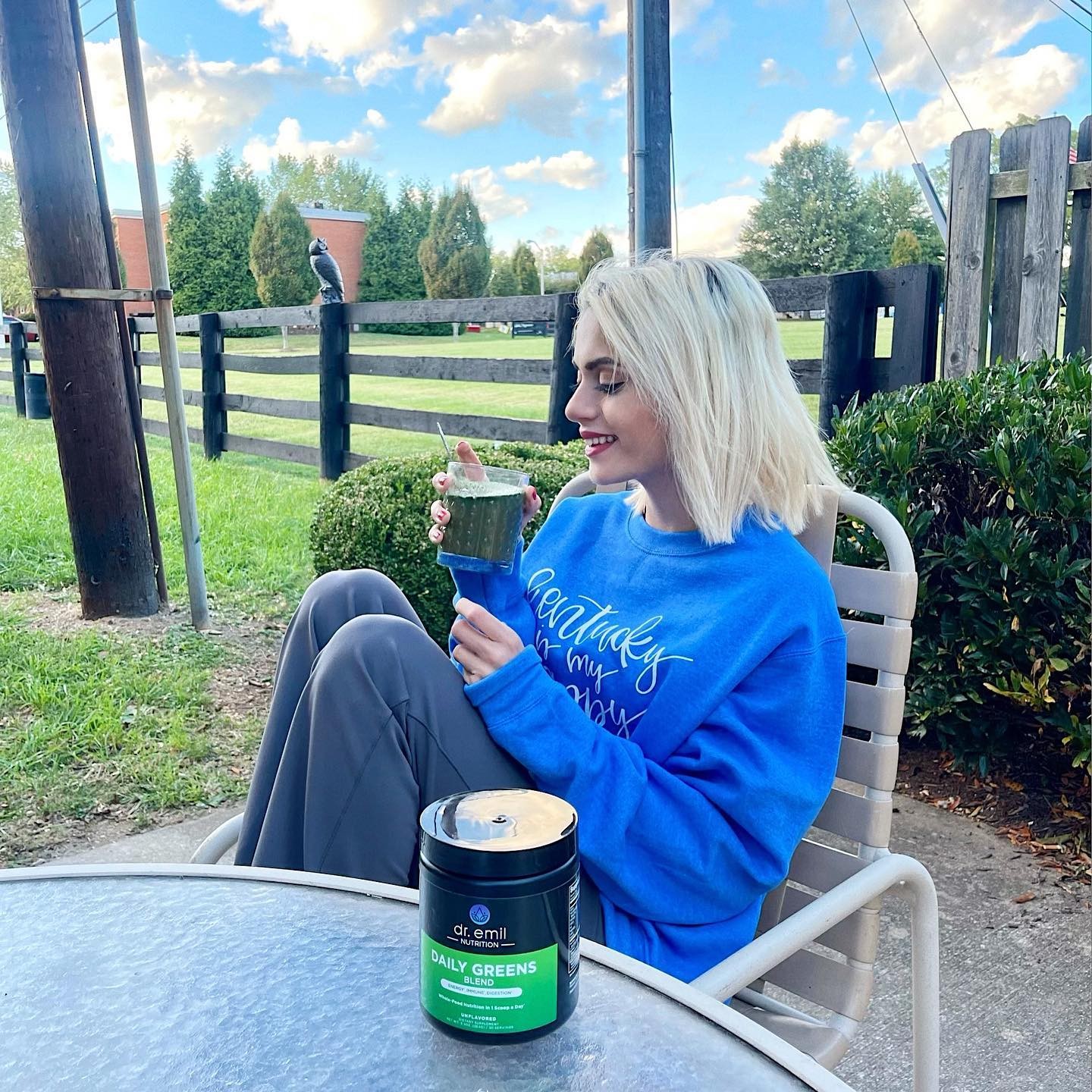Racehorses are elite athletes that require a specialized and carefully balanced diet to perform at their peak. Good food is very important for keeping racehorses healthy, helping them do their best in races, and making sure they stay strong and active for a long time in the world of horse racing. In this detailed article, we will learn about what racehorses need to eat, how their meals are planned, what kinds of supplements they might get, and how vets and horse nutrition experts help create special diets for these amazing horses. And you can also look here to place your bet if you are a fan of horse racing betting.
Understanding the Unique Dietary Needs of Race Horses
Racehorses need special food because they do a lot of physical activity and their bodies work hard when they train and race. Some key aspects of their dietary needs include:
- Energy Requirements: Racehorses need a lot of energy to do their tough workouts and races. This energy primarily comes from carbohydrates, fats, and, to a lesser extent, protein.
- Carbohydrates: Racehorses get most of their energy from grains like oats, barley, and corn, which are full of carbohydrates. These grains are rich in starch, which is readily digestible and provides quick energy.
- Protein: Protein is important for building and fixing muscles, but racehorses don't need as much protein as you might think. High-quality hay and pasture can provide the necessary protein levels.
- Fat: Fat is an excellent source of slow-release energy. Adding fats like vegetable oils to a horse's diet can give them the extra energy they need for racing without upsetting their stomach.
- Vitamins and Minerals: Racehorses need to have the right amount of vitamins and minerals in their food to stay healthy. This includes calcium, phosphorus, magnesium, and vitamin E.

Meal Planning and Frequency
Racehorses typically follow a meal plan that consists of several smaller meals throughout the day. Feeding racehorses smaller meals throughout the day keeps their energy level steady, avoids stomach problems, and gives them the energy they need for training and racing. Meals may include a combination of hay, grains, and supplements. A sample daily feeding schedule might look like this:
- Morning: A small portion of grain (e.g., oats) and high-quality hay.
- Mid-Morning: A second serving of hay or a small grain meal.
- Lunch: Additional hay or pasture access.
- Afternoon: A larger grain meal, often after training.
- Evening: A final serving of hay to ensure a continuous source of food throughout the night.
The Role of Supplements
Supplements are commonly used to meet specific nutritional needs of racehorses. These supplements can include vitamins, minerals, electrolytes, and joint support products. The supplements a horse gets depend on what that specific horse needs, and equine nutrition experts decide this based on the horse's health and any missing nutrients.
- Electrolytes: Electrolyte supplements help replace minerals lost through sweating during training and racing. This ensures the horse maintains proper hydration and electrolyte balance.
- Joint Supplements: To keep their joints healthy and prevent injuries, a lot of racehorses take supplements that have things like glucosamine, chondroitin sulfate, and hyaluronic acid in them.
- Vitamins and Minerals: If a horse's blood tests show that it's missing certain vitamins or minerals, they might get special supplements for those things added to their food. This ensures that the horse receives all essential nutrients.
Hydration and Water Management
Proper hydration is vital for racehorses to maintain their stamina and prevent issues like colic and heat stress. Horses must have access to clean, fresh water at all times. When racehorses are training or racing, they can drink water with electrolytes or special rehydration drinks. These help replace the fluids and minerals they lose when they sweat.
Veterinary and Nutritional Consultation
Creating the best diet for a racehorse is a hard job. It needs experts like horse doctors (veterinarians) and nutrition specialists. They look at the horse's health, watch how it performs, and do blood tests to find out exactly what food it needs and what it's missing.
Conclusion
In the world of horse racing, nutrition plays a pivotal role in the success and well-being of the equine athletes. Giving each horse the right mix of food that matches its specific needs is very important. It keeps them healthy, helps them do their best in races, and lets them have a long and successful racing career. People like horse owners, trainers, and horse doctors work together to make sure each horse gets the right food plan, which helps them do well in races.






